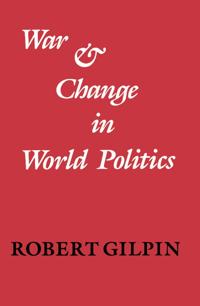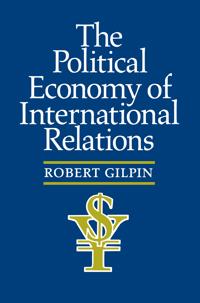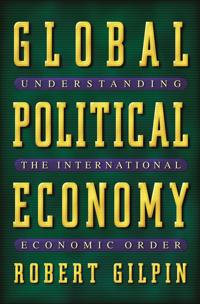War and Change in World Politics (Pocket)
avRobert Gilpin
ISBN: 9780521273763 - UTGIVEN: 198309rofessor Gilpin uses history, sociology, and economic theory to identify the forces causing change in the world order.[...]
The Political Economy of International Relations (Häftad)
avRobert Gilpin
ISBN: 9780691022628 - UTGIVEN: 198706After the end of World War II, the United States, by far the dominant economic and military power at that time, joined with the surviving capitalist democracies to create an unprecedented institutional framework. By the 1980s many contended that these institutions - the General Agreement on Tariffs [...]
Global Political Economy (Häftad)
avRobert Gilpin
ISBN: 9780691086774 - UTGIVEN: 200102This book is the eagerly awaited successor to Robert Gilpin's 1987 "The Political Economy of International Relations", the classic statement of the field of international political economy that continues to command the attention of students, researchers, and policymakers. The world economy and polit[...]
Challenge of Global Capitalism, The: The World Economy in the 21st Century (Pocket)
avRobert Gilpin
ISBN: 9780691092799 - UTGIVEN: 2002-01-21






